(Ex 1:8-11)
A new king arose over Egypt, who did not know Joseph. He said to his people, "Behold! the people, the Children of Israel are more numerous and stronger than we. Come, let us act wisely to it lest it become numerous and it may be that if war will occur, it, too may join our enemies, and wage war against us and go up from the land." So they appointed tax collectors over it in order to afflict it with their burdens; it built storage cities for Pharoah, Pithom and Raamses. (translation from Artscroll, The Saperstein Edition Rashi.)
When Pharoah, king of Egypt wished to oppress Bnei Yisroel, he first chose heavy taxation as a method. It is clear from the text that the priority of Pharoah was not a national building campaign, but to reign in what was perceived as a foreign population for which Egypt felt both compelled to control but afraid to allow to leave. The Egyptian reasoning is bizarre. Logically, if Bnei Yisroel were a threat to the land, they should have been thrown out. If they were essential to the country, Pharoah should have engaged in efforts to incorporate the people. Whatever the Egyptians thought about Israel, what was not in the calculation was the conclusion that Bnei Yisroel was loyal to Egypt. To Pharoah, Israel was a necessary evil. So, how did Pharoah choose to handle the necessary evil? Tax them. Increase the burden on them. Show them who is boss. How do you control populations in order to repress them and enslave them? Taxation. How do put people in their place? Taxation.
Manipulating populations through social and economic means is not a phenomenon of the 20th century. The dictators and villains of history can count Pharoah of Egypt as one of their role models.
20 Teves/6 January - I realized later that I forgot to cite the source for the Torah graphics. This came from ORT - Navigating the Bible.
















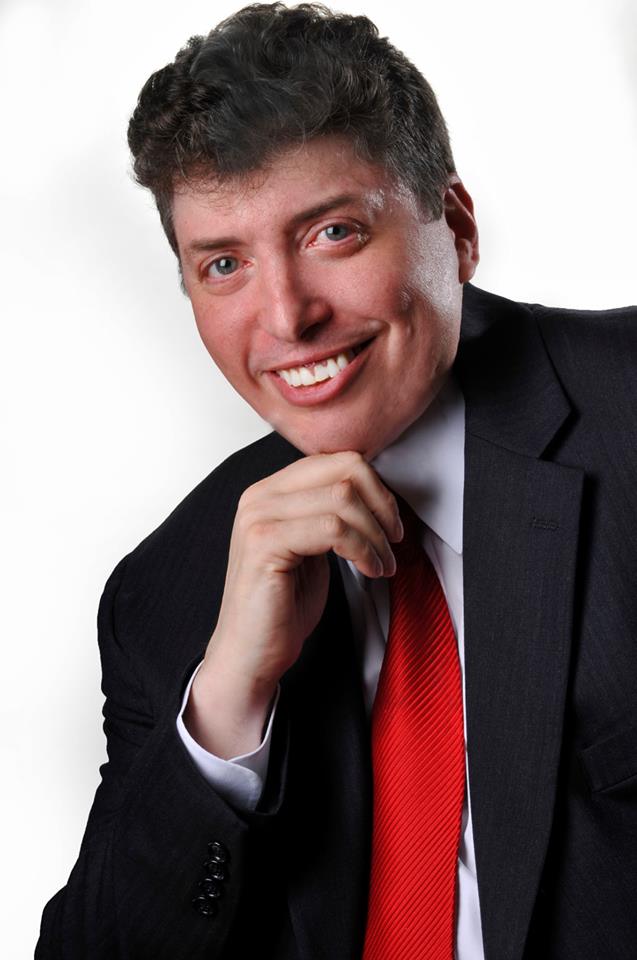



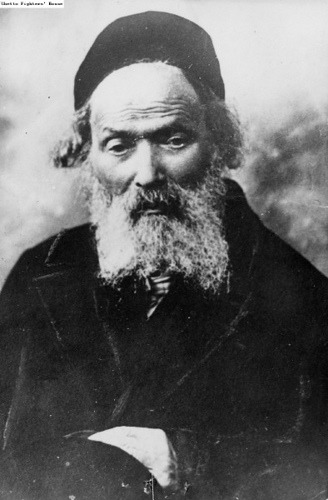


















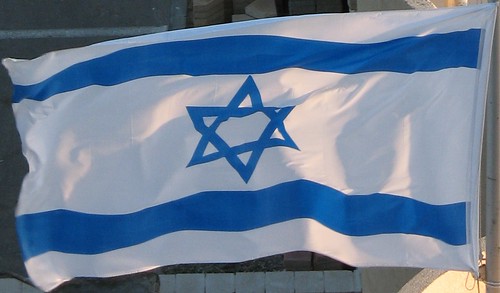
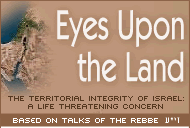

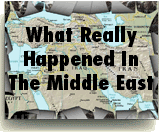


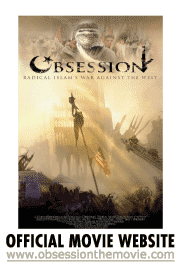





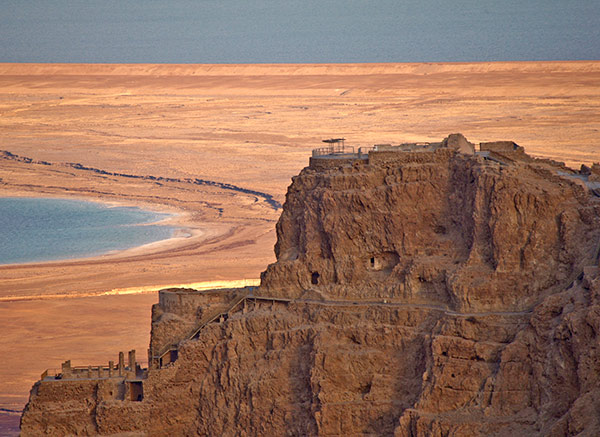

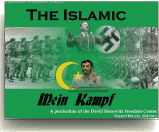




0 comments:
Post a Comment